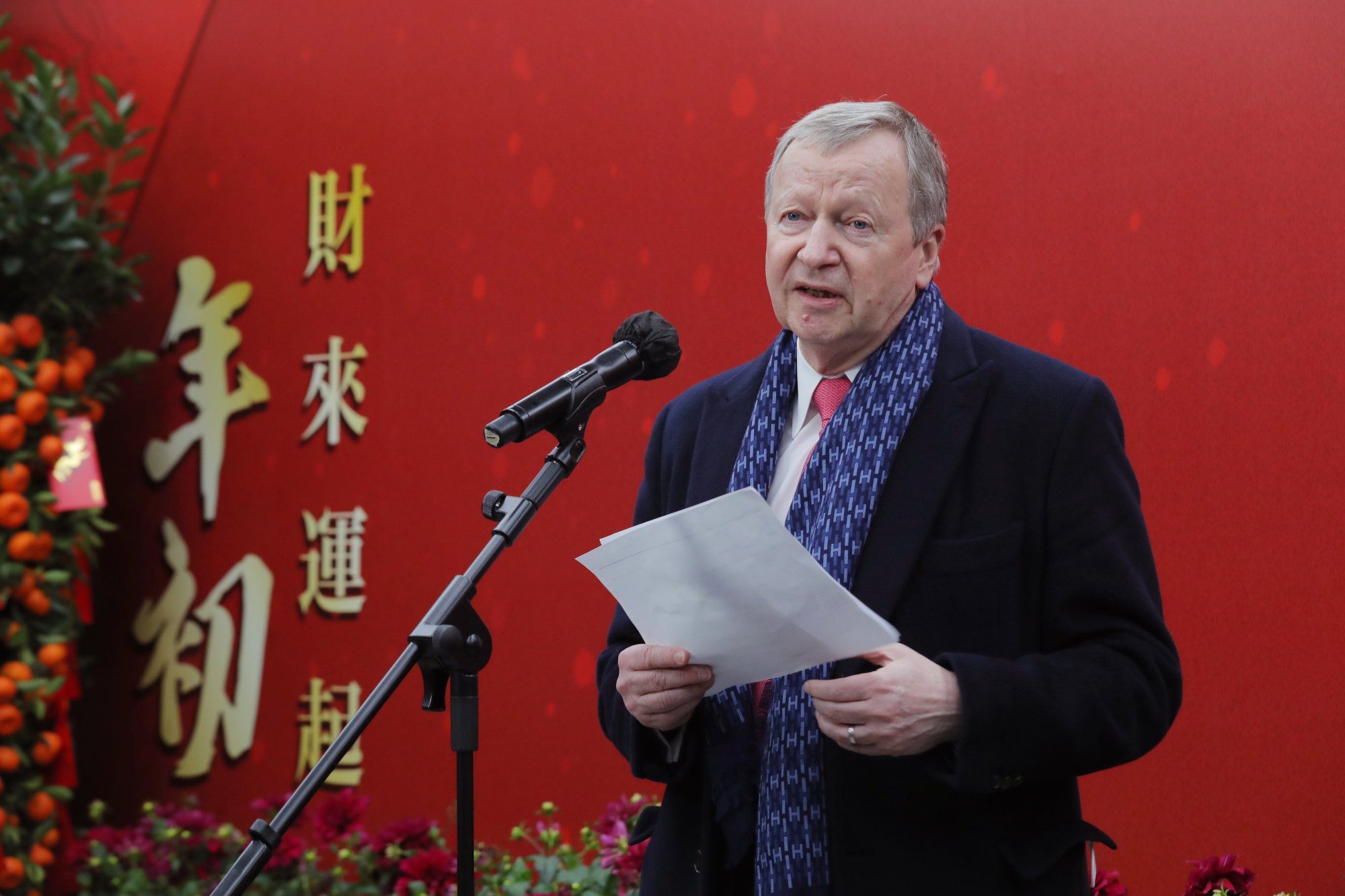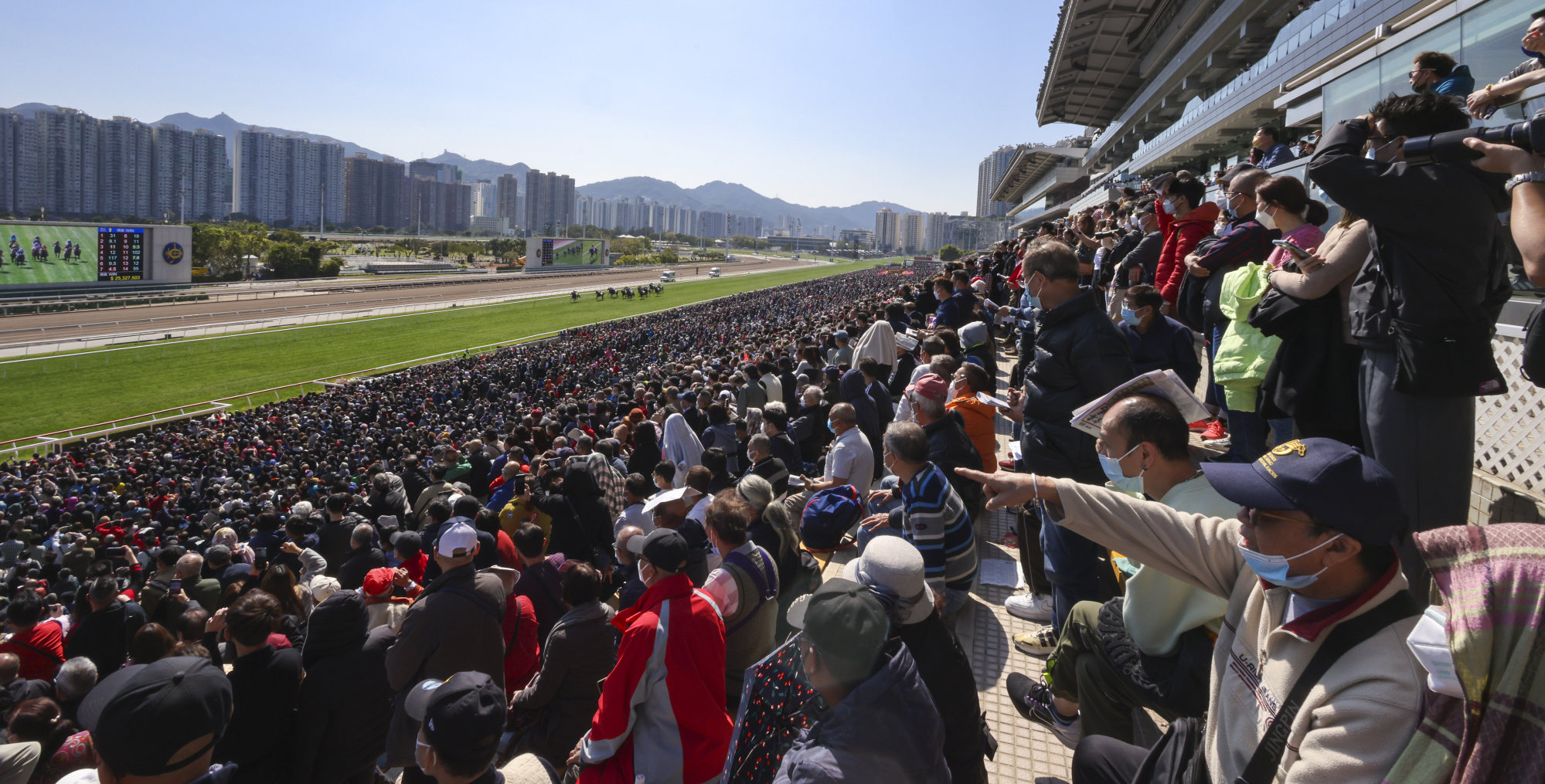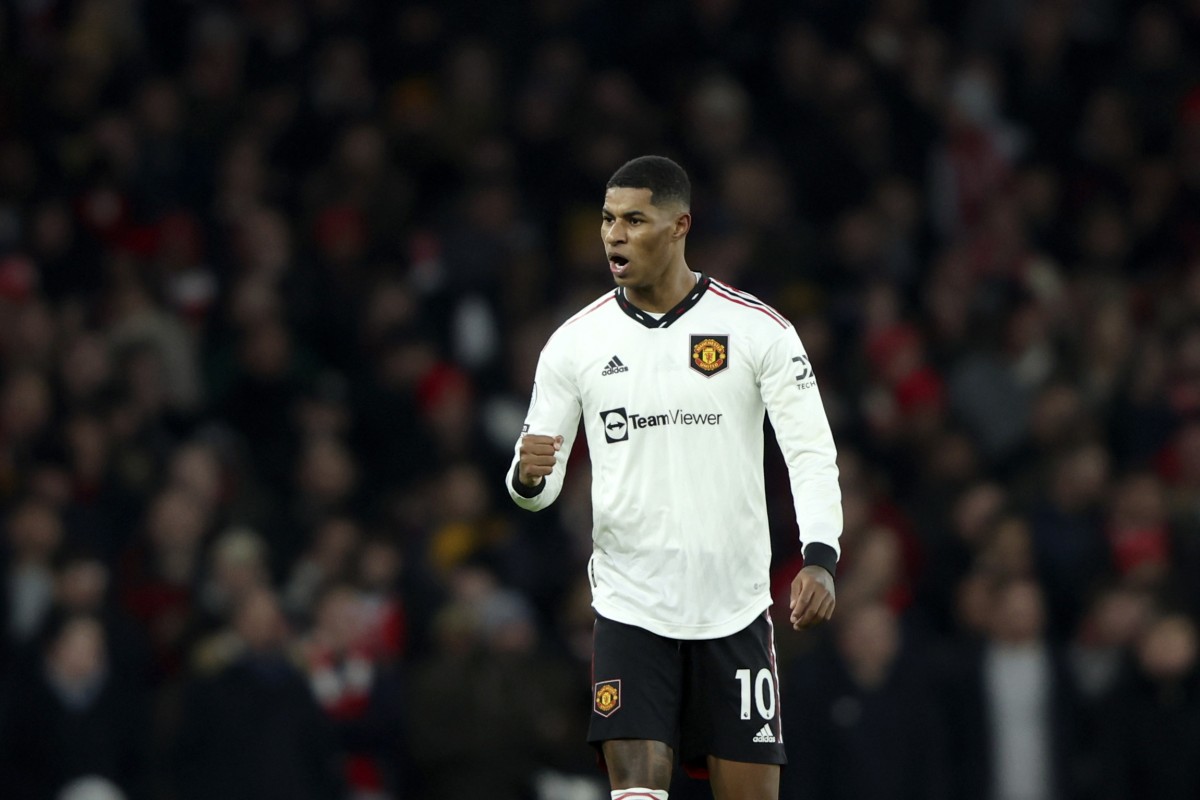The Jockey Club has reacted angrily to suggestions it pay higher tax on its football betting operation, claiming the “theoretical” HK$6 billion rise in duty payments would “create irreversible damages to Hong Kong”.
In a lengthy statement, the club hit back at the New People Party’s suggestion the duty on that side of its operation rise by 30 per cent and said the proposal would adversely affect its charity work.
The club said it already faced an “uneven playing field from Macau as well as illegal and offshore bookmakers across the globe” and accused the NPP of lacking an understanding of how the industry worked.
Lunar New Year races mean biggest turnover for Hong Kong Jockey Club since 1997
During a session of the Legislative Council on Thursday, the NPP submitted a proposal to Financial Secretary Paul Chan Mo-po calling for the tax to increase from the current level of 50 per cent, which it said would boost revenue to more than HK$35 billion.
That brought a stinging rebuke from the club, to which Regina Ip Lau Suk-yee, the NPP’s chairwoman, expressed surprise during a radio show on Friday morning.
Ip questioned why the club was “so angry” and said it was not the first time she had raised the possibility of this happening, adding it had come up three times in the past.
“The first time, Winfried Engelbrecht-Bresges [the club’s CEO] came along with a few senior members, they were saying it was not impossible to raise the tax, but they suggested legalising basketball, golf betting among other sports,” Ip said. “They are not against the proposal in principle, they just want to have more legalised sports betting.”

In its statement, the club claimed any changes would “destroy” its successful business model, which for the financial year-ending 2022 saw it rake in HK$19.7 billion for football betting, more than the HK$19.4 billion it took in for racing.
According to the club’s latest financial report, it returned 77 per cent of its betting and lottery revenue to the city, totalling HK$41.8 billion. The remaining 23 per cent went towards operating costs, with its top-earning employee making between HK$41 million and HK$42 million a year.
Arguing against any tax increase, the club claimed it would be the charities that depend on it for funding that would suffer, saying operating revenue would plunge 40 per cent resulting in a “zero surplus at best or more likely a negative one”.
This would, it said, stop it from “making necessary investments to secure its future and contributing to the community”, and highlighted the HK$6.6 billion it had given to the Charities Trust in the 2021-2022 financial year.
While Ip pointed out that the government could provide funding for charitable causes with the increased tax revenue, she also highlighted the fact that the club enjoyed a “monopoly” and was not without its faults, with members complaining about the high cost of fees and difficulty in getting things done.

“Any increase in football betting duty will take away our competitiveness and drive more Hong Kong people to bet with illegal and offshore bookmakers,” the club said. “Under these circumstances, government will only receive less but not more tax and duties.
“Unlike most other philanthropic organisations around the world, the trust does not have a sizeable reserve or endowment from which the majority of our donations is derived. Our reserves, while significant, would not support nearly the level of donations we have managed were the club’s annual operating surplus to be substantially reduced, for example by an increase in betting duties that are already uncompetitive.”
Ultimately, Ip does not believe the government would force more tax upon the club, pointing to the conflict of interest that existed with the “large number of higher-ranking government officials” enjoying honorary membership.
“We are raising this for discussion only, obviously so many higher-ranking government officials have a close relationship with HKJC, some of them even join HKJC in senior positions after leaving the government,” she said. “I do not think the government will really act on the club, I do not see that coming certainly. But are we in a position where we cannot even suggest anything now?”
Ip said she did not object to the idea of the club offering betting on other sports, with Formula One and the NBA particularly popular with offshore companies, and added the club should take the lead in changing what people were allowed to wager on.
“I am open to having more legalised sports for betting purposes,” she said. “But the club always has the same reasons to reject [raising taxes]. At the end of the day HKJC will only earn a bit less, what’s the point of being so angry.”
Additional reporting by Mike Chan



















